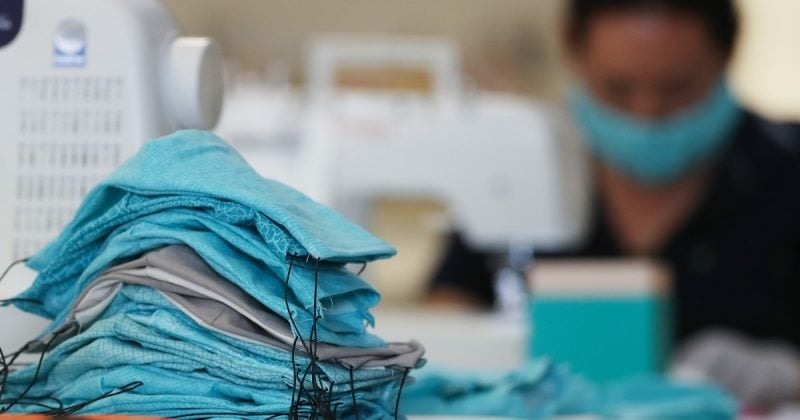Security News

Syrian-linked hackers recently switched to COVID-19-themed lures as part of a long-running surveillance campaign, Lookout security researchers reveal. Supposedly active since January 2018, the campaign targets Arabic-speaking users with tens of Android applications, none of which is available in the official Google Play Store.

Successful COVID-19-themed fraud attempts perpetrated in the US, since the beginning of the year resulted in a little over $13 million losses, the Federal Trade Commission has shared. Despite repeated alerts from a variety of sources - the FBI, the FTC, the FCC - US citizens continue to fall for COVID-19-themed scams.

Router biz Linksys has reset all its customers' Smart Wi-Fi account passwords after cybercrims accessed a bunch and redirected hapless users to COVID-19 themed malware. Hackers with access to Linksys Smart Wi-Fi accounts were changing home routers' DNS server settings.

Using threat intelligence feeds donated by dozens of cybersecurity companies, the CTC is poring over more than 100 million pieces of data about potential threats each day, running those indicators through security products from roughly 70 different vendors. Among the more mature organizations working to counter the threat from COVID-19 scammers is the Cyber Threat Alliance, a industry group founded in 2017 that counts among its members more than two dozen major cybersecurity firms that are all required to regularly share threat intelligence with other members.

Now, the FBI is warning that threat actors are taking advantage of efforts to procure PPE and critical equipment such as ventilators with new business email compromise and other scams aimed at defrauding those seeking the supplies. These so-called "Advance-fee schemes" are among several new fraud campaigns the feds have observed, alongside more typical BEC scams.

One tech company is harnessing artificial intelligence, thermal imaging, and real-time surveillance data to mitigate the spread of the coronavirus. As the coronavirus pandemic continues to take its toll on populations and economies around the globe, governments and private industries are harnessing real-time monitoring solutions and artificial intelligence to mitigate the spread. However, these surveillance technologies also bring up a litany of concerns related to privacy, civil liberties, and data collection.

Google and Apple have announced a joint project to create a privacy-preserving COVID-19 contact tracing app. Fourth, the public health authorities need geographical data for purposes other than contact tracing - such as to tell the army where to build more field hospitals, and to plan shipments of scarce personal protective equipment.

As US citizens wait for President Trump's final decision about whether quarantine will be over by Easter, malware peddlers have already "Decided": quarantine will be prolonged until August 2020. Researchers with anti-phishing startup Inky have spotted two phishing emails purportedly coming from the White House, "Signed" by President Trump.

NormShield researchers looked for websites using the names of 10 commonly discussed drugs over the last several months. While the number of phishing domains catapulted for chloroquine and azithromycin in particular, domain names containing the eight other drugs increased as well.

Deloitte's US Cyber Risk Services leader, Deborah Golden, spoke with TechRepublic about the top 9 challenges she has seen enterprises face now that thousands of enterprises are weeks into the massive shift to remote work. "The need to have these types of tools and technologies has been in organizations prior to COVID-19 but have grown exponentially in use, so the desire to have video and voice at the same time while also sharing and collecting and leveraging for work has caused some challenges that we're seeing across the board," Golden said.2.